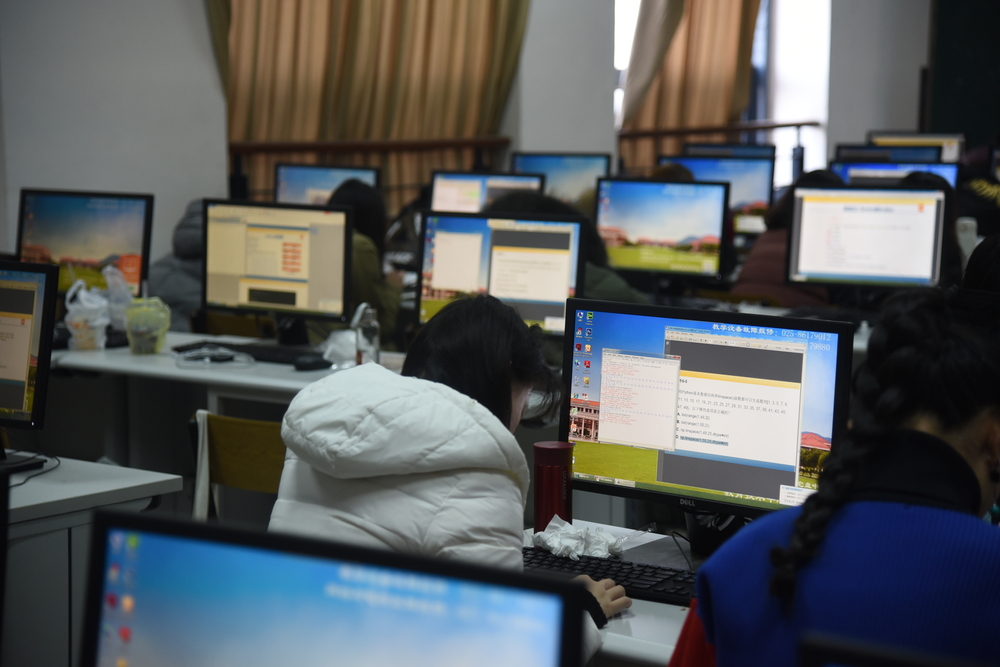Choosing an unconventional major is a great option if none of the more traditional majors grab you. Plus, this can open up career possibilities you never even imagined. Many universities are expanding their offerings and now have at least a few unconventional choices to prepare students for a more diverse mix of employment options in the modern world of work. Here are a few to options to consider.
1. Astrobiology
You could be at the forefront of discovering life elsewhere in the universe if you choose to major in astrobiology. Learn about how life arose and evolved on Earth and how it could occur elsewhere. You’ll also consider how life can survive in other environments, often by using examples of organisms that have adapted to difficult conditions. This major is a top choice if you’re struggling to choose between astronomy and biology, as it will give you a balance of both.
2. Cultural Studies
If several liberal arts majors appeal to you, something interdisciplinary could be ideal. One great option is cultural studies, which will allow you to explore areas like race, ethnicity, gender, and class. There tends to be a focus on marginalized communities and groups, although it’s up to you where exactly you take this major — you can easily tailor it to your own interests and goals.
3. Adventure Education
Turn your passion for adventure sports into a college education by majoring in adventure education. You’ll be prepared to work with children and adults in a variety of settings as a leader and educator. The program itself will require you to go out into the wilderness and practise some of your favourite sports and activities. There will also be some classroom learning where you cover survival and technical skills and learn how to instruct participants while keeping everything fun.
4. Fermentation Sciences
Instead of majoring in chemistry, consider a degree in fermentation sciences. You’ll gain critical skills that allow you to find work in any fermentation-related industries, including breweries, distilleries, and the dairy sector. As well as the science behind fermentation, you’ll learn about sustainability, business practices, and biotechnology. This is also a great major to choose if you’re interested in continuing your education to a master’s or PhD program.
5. Comic Art
An unconventional way to study an artistic major is with comic art. You’ll improve your drawing skills and learn how to tell an effective story in a comic medium. Programs usually require you to take classes in publishing and electronic media as well, which will ensure you’ll be prepared to work as a comic book artist or cartoonist after you graduate.
6. Entertainment Engineering
There are many types of engineering majors to choose from, but one you may not have considered is entertainment engineering. You’ll start by taking regular engineering courses and then specialize in creating designs and building machines, structures, and systems for entertainment purposes. You may be able to specialize in an area like robotics, acoustics, or live entertainment.
Just because your major is unconventional doesn’t mean you won’t need to study hard. In fact, some of these majors are more challenging than more traditional options. For the ideal student accommodation, Kingston, Ontario, has Foundry Princess. Our student housing has furnished suites, a fitness centre, study rooms, and high-speed internet. Apply now for the floor plan you want.












